Peter Isackson: Welcome to FO° Talks. I’m Peter Isackson, Fair Observer’s Chief Strategy Officer. Today, I’m joined by the talented opera and theater director Emily Hehl. This will be the first in a series of discussions I’ve chosen to call The Culture of Culture. Emily has been hailed as an innovative stage director for both theater and opera. She’s now working on three projects concurrently — correct me if I’m wrong, Emily — in Vienna, as well as being involved in projects elsewhere in Europe and especially in Brussels. So for this first conversation, Emily suggested focusing on the evolution of the classical music concert, a journey through its history, function and audience. Why are we talking about classical music?
Emily Hehl: Well, there is a beautiful citation of Charles Rosen, who was a pianist and musicologist, and he said that “the death of classical music is perhaps its oldest continuing tradition.” I think that’s quite well on point because people keep talking about the crisis of classical music and the classical music events, and we’ve been talking about this for so long, and people have been talking about this a hundred years ago. And so I think it’s interesting to think about this crisis of the classical music, and to think if it’s really the crisis of the classical music itself or about the way how classical music is presented in the institutions or in the forms like the classical music concert.
Audience expectations
Peter Isackson: Okay, so a concert is a public event, independently of the music that’s going to be featured. So before we explore the history — which is what you suggested we talk about, the history of the institution and the role of the public, which I think is a really important thing to assess — I’d like to ask you a very personal question. As someone who doesn’t just organize concerts but designs and produces complex spectacles for the public, can you talk about how you perceive and think about the public’s expectations for a new production? Do you know how they’re going to react? Do you have to do things specifically that take into account a lot of different variables?
Emily Hehl: A new production of opera, for example, or theater?
Peter Isackson: Yeah, yeah.
Emily Hehl: I think it would be ignorant not to think about the people because when I direct, what I care about are the people on that stage and the people in the audience. And the most precious thing about both opera and concert is the fact that this is a live event and that people can react on to things, and that there’s a certain tension and a feedback. And so for me, it’s absolutely crucial to think of this situation of an audience and people on a stage as a starting point, but it is, I think, honestly impossible to predict how people will react because they will react all differently. And that’s the beautiful thing about art — that there is no right and no wrong, but just opinions of people, and there’s craft and all these kind of things. But to really predict how a certain person will react, it’s impossible because people are loaded when they enter a room. You never interact with a blank auditorium because everyone has their expectations, their experiences, their knowledge, their non-knowledge. So yeah, it really depends on who is in this audience. And I think that’s something that can be considered: Who do we expect to sit in that audience, and how can we therefore react to what we put on the stage?
The art of presence
Peter Isackson: Are there surprises? I mean, do you see audiences react in ways that you absolutely didn’t expect? And if there are, what kinds of strategies do you have for adapting? Because doing a complex spectacle is not the same thing as what someone like — I’m a performing jazz musician — it’s much easier for us to say, “Okay, let’s not play that tune, let’s play another tune.” So how does that work out? And what are the emotions that accompany that for someone like yourself, who’s in charge of, I would say, the audience’s reaction in a certain sense?
Emily Hehl: First of all, I would like people to like what they see and to experience something they actually like. There’s directors who say, “Oh, if I get a boo, that’s good, because then they were moved.” But I think that’s a very easy way to get out of the situation that people didn’t like what you were putting on a stage. And the difficult thing about these complex productions is that you can’t change too much the moment it’s on a stage because there is no time to correct. That’s a part of the system we work in. The moment you have a premiere, there is basically no time to really change it anymore. So what I try to do is to keep the people who are on the stage — the performers, the singers — to keep them present as human and not to cover them in a character, but to keep spaces in the production where they can actually interact with the audience or to react on things, and to just keep something that is actually very present and alive: Just a classical music concert, where people are performing music without pretending to be anyone else but themselves performing music. And I think this is why the concert, for me, is such a valuable event, because there is this direct connection between the audience and the performing people, and there is no pretentious character or something around. And so I think I’m trying to actually preserve something of what is happening in concert, sometimes in opera as well, because I think stage and opera and performing arts like this can learn a lot from the idea of a concert. So that’s also why I suggested this theme, is because for me, that’s actually a base to start thinking from when thinking about opera.
Peter Isackson: So are there real possibilities of doing strategic adjustment if you see that some of the effects you anticipated or planned psychologically to produce in the audience didn’t work out in the way you expected? How much leeway do you have to change the performance to meet the goals you’ve defined for yourself?
Emily Hehl: It’s a good question because it really depends on where you’re working. If it’s a very, very big house with a tight schedule — as, for example, here at Vienna State Opera, where I’m currently working — there is literally no time to correct anything afterwards if it regards anything technical. You can always go to the performers and ask them to go more into something or to go less into something else. But I think the most beautiful thing about seeing performances of your own work is that people will react in places you never would expect them to react, and that sometimes they will react differently every night. And also you can trust that the performers will understand how an audience will react, because that’s all they do, is being on a stage, reacting to the reactions of an audience. And I think a way of working in general is to keep a staging as open as possible so that the audience can actually dive into narrations they want to dive into. Whereas when you look at film, a camera tells you where to look at. But in theater — and that’s the reason why I’m a theater director and not a film director — is because I love creating broad pictures, broad images, broad narrations, where the audience, with the kind of load they come into, the expectation they come into, can start choosing their little threads through a story, through an evening. And therefore, yeah, expectations will never be met and will always be — yeah — overmet, if you could say so. Excuse my non-native English speaking sometimes.
Opera planning and production
Peter Isackson: That’s a perfectly legitimate neologism. Typically, how long do your productions run?
Emily Hehl: Usually, I would say it’s something between — like, if we talk about Germany and Austria — it’s something between six and ten performances. And they can be spread over just three or four weeks, but they can also be spread over several months. If it’s a not-so-popular piece or not a so well-known piece, then a theater will try to spread it a bit more so that the people can talk about it, there will be critiques and reviews. So yeah, it really depends on the piece and where you’re doing it.
Peter Isackson: So if you’re running for — or do you know? Do you always know how long it’s going to be? It is all pre-planned?
Emily Hehl: Yeah, it’s pre-planned. That’s one of the horrible — or not of the horrible things, but the difficult things about opera is that usually these things are planned several years in advance. Like, I know now what I’m going to be doing ‘27, ‘28 — that’s the kind of distances. And therefore, opera is also difficult because if you want to make art up to date, or at least in some kind of relation to what is happening in the world, you have to know three years in advance. So that’s one of the big, big challenges. If you want to decide on very exact stage designs or whatever, you don’t know what is happening three years later in the world. And I think there again, a big, big potential of the concert is that it is a lot shorter in preparation, shorter in time, short in rehearsal time. There’s a lot more space to try things, whereas the classical opera — just the institutions — they need this long, long time. And I think, again, there is something where the opera could learn from the concert if we want to be more relevant.
History of the concert tradition
Peter Isackson: This very question of personal curiosity: How much rehearsal is required for an opera?
Emily Hehl: Usually six weeks.
Peter Isackson: Six weeks. And is that a daily ritual?
Emily Hehl: Yeah, it’s a daily ritual. You rehearse usually six days a week, two times a day, one day off. So it’s always really a six-week — you feel like you’re in an intense workshop, kind of like holiday with your team or something. (Laughs) Really, a six-week, very intense kind of stretch. And then you have the opening night. But before you start rehearsing these six weeks, you will have already worked on the piece for several years normally, as a director, with your team together.
Peter Isackson: And are you there full time during the rehearsals?
Emily Hehl: Yeah, I mean, there will be rehearsals which the conductor is leading with just the orchestra, although I always try to even be there because for me, if you talk about opera — for me this is really a horizontal art form. It’s an art form of the collective: the orchestra, the chorus, the soloist. For me, a flute player is as important as a chorus singer or a soloist. And therefore, I think to take — yeah, to bring this up to the same kind of level of importance also in your work as a director — is one of the big potentials and challenges as well.
Peter Isackson: Okay, so now let’s go to the official theme we announced, which is the history. I don’t know if you’ve seen the documentary Howard Goodall did for the BBC — The Story of Music in six installments. I mention it because everyone in the West — you know, we’re talking to people from all over the world — so we’re nevertheless focusing on a Western tradition. And we all in the West, and probably a lot of people in the East, have their own idea of what a classical concert is. And I don’t have to make the case for the importance of classical music because we have so many fantastically talented musicians from the Far East who are playing European classical music and not Chinese or Japanese or Korean classical music. So we all have an idea, that’s why I insist on talking about the concert as an institution. Because it has its history, it has its shape, it has its sense of importance of culture and importance for people in social life, let’s say. So Goodall, when he began writing in the introduction to his series on The Story of Music, which is essentially the story of Western music, he said — something I don’t fully agree with, but it’s typically provocative from an entertainer — “Not that long ago, music was a rare and feeble whisper in a wilderness of silence.” Now, he’s contrasting that with today, where you can just press a button and listen — you know, Spotify — and listen to any bit of music you want, you’re interested in. But I would contest the idea that music was something that rarely existed in a wilderness of silence, which takes us back to the history of the concert. So I don’t know what knowledge you have historically about how music developed in the West, but we know that the concert became — in the 19th century, actually, I don’t think before that the idea of concert existed, but it’s part of that tradition. So just tell me anything we need to know about how the concert evolved and the role of the audience and the presence of music in a public event.
Emily Hehl: Yes, first of all, I won’t be able to, like, hold a lecture on that because I’m an artist and not like a scientist. So whenever I say any of these things, for me, that’s an artistic perspective or an artistic interest. But I think we can learn a lot when we look back where music comes from. And I think the most interesting thing for me when I started reading into that was that music always had a purpose. Like a purpose in the sense of — okay, music was played in church as part of liturgy; or on the court as a part of a status symbol; or as entertainment on fairs or as education in the house, domestic music kind of environment. The music always had a function and a purpose. And there was this time in the 18th century, I think, where for the first time something — it was called a music room — was invented. Which just meant that when people were sitting together in a salon, that the person who was playing the instrument was put on a little table so that the music got more attention. And this was basically the beginning of the idea of a concert, where the attention went more to the music than to the surrounding or the function that the music was fulfilling. And so this idea of the music room basically developed into the concert halls we know. That this music table was the ancient stage, basically, where people would look up to. So the idea that music would have its own place where it didn’t need to serve anything but itself, was the reason why the concert was invented — in order to give it more attention and more concentration. And first of all, I think that’s a beautiful idea and somehow a necessary idea that came in the 18th century also with the bourgeoisie and the middle class. It was self-understanding for these people to have this kind of concert and the concert hall. But then in the 18th century, people would go there, they would talk to each other, there was still, like, pieces of music would never be played completely, maybe just a fragment. Then there would be drinks or a dance or a tableau vivant, and then there would be another piece of music. But bit by bit, in the 19th century, there was a real kind of revolution or a reform of how a concert has to be. And this reform is what we do until this very day. And I think it’s interesting that the way we listen to classical music hasn’t changed in 150 years. It literally hasn’t really changed. The rules are the same, which are: silence; don’t be talking; don’t you dare applaud in between certain movements of one piece; rather 45 minutes, a little break, and another 45 minutes; you should dress up a little bit chic. So these kind of rituals that we have until this very day were invented 150 years ago. Yeah.
Resonance, ritual and physicality in performance
Peter Isackson: What I find curious is that that tradition, which I think we both agree seems artificial in many ways — there are a lot of artificial components to it about what you’re expected to do as an audience, the kind of attitude you’re supposed to have as you listen and the silence you mentioned — that I discovered, became part of the tradition of popular music. The popular music that I know, which is jazz. And that’s a surprising thing because if you know, and if you experience — as I had the opportunity to do — the way people listened to jazz 50 years ago, it was basically in clubs. And the way you reacted to the music was extremely varied. You could get up and move, you could — I mean, if you go back further to the ‘30s, let’s say — jazz actually functioned to allow people to dance. It was dance music. Then it became artistic music in the 1940s, really, with the Bebop Revolution, and the musicians thought of themselves and were very consciously aware of the classical tradition and the seriousness of music, even though at that time—
Emily Hehl: The holiness, one could even say.
Peter Isackson: Pardon, sorry?
Emily Hehl: Even the holiness. Like the seriousness, holiness. It’s the kind of spectrum we move into there.
Peter Isackson: Absolutely. I know that Sonny Rollins, the saxophonist, once was surprised that somebody criticized his music, and he said, “But it’s celestial.” And he expressed something that’s really very recognizable by any serious jazz musicians — but I would say any serious musician — and that is that you’re not just playing for an audience. You’re playing for a tradition, you’re playing for your relationship with the universe. Because music is basically resonance. I mean, you could go into quantum physics and seek parallels, but music is something — and I say that as someone who practices music. But you can be simply a listener, because you have no experience as a player or as a performer, but it’s something that you absolutely feel in a certain way. And you know that, in fact, music speaks for itself. The musician is just an instrument. I say that — classical pianists have said this as well as jazz pianists — they’re trying to express something that comes from somewhere else. No music is totally original. And they’re doing it in a way that they’re discovering as they do it. How they perform is something that they’re listening to and learning from. So that’s where — I don’t want to invent theories, although I’d be very happy to entertain theories about what resonance means in terms of relationship, and not just the frequency of the sounds we’re producing.
Emily Hehl: Absolutely. I think this kind of aspect of relationships that you mentioned is for me one of the most crucial points of — if we think about a future of the classical concert — is because that’s the most precious thing, is this relation between the people and the fact that it is a live event. And if you think about classical music itself, it’s the most current kind of art form you could think about. Because it’s — yes, okay, it’s notes written on paper — but the only way to actually listen to it, that’s the most simple notion, is by someone putting them into a live event, which is very much different from any kind of museum. And I think there’s a big potential and desire in today’s society to experience these kinds of things. But my point would be that the kind of institution of the concert as we have it now banishes any kind of social relation or physical experience. Because that was the idea of this kind of invention of the concert halls was to ban any kind of context, to ban any kind of physical, sensual experiencing. It was the attempt to make music an autonomous thing that would happen only here. Not with your heart, maybe, but it was not meant to be a physical, sensual experience. And in my eyes, that’s a big, big, big mistake. Because if you look at the kind of flourishing concert forms, that’s the exact opposite. If you look at pop concerts, it’s a very physical experience. And I think there is the potential for this experience also in classical music. And I think it’s very remarkable what you said about pianists who want to basically disappear behind their music. Because I was wondering about the organ for a while. Because the organ, I would say, was constructed in a way that you would not see who is playing the organ, but you could only hear the sound, as if it was magic. But for me, if I go into a concert, it’s the most emotional thing to look at the person who is actually playing the music. And therefore, I do have my problems in opera with the orchestra pit, because I want to see what these people are doing. And so I think there is a big kind of aesthetic change possible — not necessary, but possible — to think about the physicality of music and performing music.
Peter Isackson: Perhaps we could do the opposite of what I just mentioned: That in the world of jazz, which existed in a setting where people were doing other things, including dancing — not necessarily only dancing — but there was a sense of permanent interaction between the audience and the performers. And then I would say, really in the ‘70s or ‘80s, jazz moved to the concert hall, and it suddenly became a different kind of experience. And it actually had an influence on the evolution of the music because it put more accent on being a virtuoso and performing something that would wow people in terms of the technical performance, and less on the kind of cultural expression and that human quality that existed in, say, a nightclub. But this brings me back — I actually focused on Elizabethan and Jacobean literature in my university days at Oxford, and I learned at that time that, first of all, that was a very significant moment in the history of music, of European music, of English music, obviously — but significant in the sense that music appeared to be very widespread. People played instruments. There are periods of history when people didn’t play instruments, but that was a period of experimentation with instruments. There were some great composers in the Elizabethan period: William Byrd, Orlando Gibbons, people like that. But the interesting fact I picked up in my studies was that if you went into a barbershop — if there were barbershops — you went to a barber’s, and they actually had lutes sitting there so that someone who’s coming in and waiting to have their hair cut could pick up a lute and start playing. And I thought, “That’s a moment of culture that’s very specific, that’s really doing something to honor music, if you like, by bringing it into daily activities. And then we have periods where music moves away, what you were talking about, when the concert becomes an institution thanks to which you can isolate music from the environment. And then you have also the physical dimension of a theater with a stage, that proscenium arch that keeps the audience on the other side, if you like. So my question is: Can this change? Can we have the kind of phenomenon that we saw in jazz, which went in the other direction, going from an interactive music to a passive audience listening to active performing musicians? And in the classical world, can we come back from the formal concert, with all its rules and regulations, and find and create something more spontaneous? Is it possible?
Emily Hehl: I would say it absolutely is. I think one of the difficulties is that, indeed, as you say, these institutions have these kind of rituals in their architecture. The architecture itself demands a certain way or a certain distance or these kind of things. But I also think that there’s so many aspects of a concert that have this very precious quality, and if we would focus more on this performative aspect, on this human relational aspect instead of, for example, the interpretation of the musical piece itself. Because we have recordings, we have noise-canceling headphones — if it’s about the virtuosity and the perfection, then go and listen to something, because the concert will never be able to reach that kind of quality. Someone will be coughing all the time. You don’t have Dolby Surround. So I think we need to focus on a different aspect, which the qualities of a concert could be. And there is already, especially in contemporary compositions, a lot of things that I think provoke a new way of experiencing concerts. For example, there is a German composer called Georg Friedrich Haas, and he composed a piece of music which is meant to be played in complete darkness. No matter where you play it, it has to be completely dark. It’s an hour-long piece, and this very radically really brings you back to just your inner self because you can’t observe anything. But there was also, like in the ‘60s, ‘70s, ‘80s, Mauricio Kagel who brought theater into music. There’s many musical pieces which are on the edge of theater and music, where the musicians already perform something more than just music. So I think there’s a lot of pieces in the last 50 years, and also in the coming years, that will provoke a different way of experiencing classical music. And I think what we should dare to do is to also look at the repertoire which we love so much and think about ways how to perform this. And for me, one of them — it’s a simple thing — but I was in Zurich in the Tonhalle and there was one of the most wonderful orchestras of Europe playing, and they were playing fantastically. But they were looking as if they were bored, angry. It was just an orchestra of angry people. It was beautiful, but it was horrible to see it, because I felt so distant. So I think if one would even just make people aware of the kind of presence they have — or I think also, if you don’t play for a certain moment, there’s so much like listening to each other, there’s so much potential, although you’re maybe in that second not playing. You can learn a lot from the dramaturgy which we had back in the 17th, 18th century. There is new fields like museum studies. I think that’s a very interesting way as well to bring museum studies back into the concert. There is a new kind of department called concert design starting in the last ten–15 years. And I think there’s a lot of things happening. And yes, indeed, I think that there’s a big potential. And I personally try to start projects in that way — or projects with choruses — or when I get an offer for an opera, sometimes I try to bring it back more to a concert kind of base. So I think we just need to think from different fields onto the concert, because the concert has all of this in it. The concert has all the theatrical elements, all the visual elements, but they are rarely really thought about because we just keep doing it for 150 years.
Music education and commercial culture
Peter Isackson: Yeah, so I would suggest that we need to make a major effort at the level of education of music, I think it’s just been done in a very poor way. And it’s not clear what people in the educational field really want to achieve when they teach music. I think it’s either too technical or it’s too blandly historical. It’s not interactive enough, if you like. But I think there’s a lot of things that can be done. And given the kind of experiments you’re talking about, where we think of the way music is performed differently, education should be feeding into that and reflecting it at the same time. That I think is a major thing. I also think that we have a big challenge in front of us because music has become a commercial industry rather than a cultural reality, and the commercial side has really drowned out everything else to a large extent. I mean, I’m shocked when I see discussions in the media where they say they talk about music, and they’re only talking about popular songs. “We have great music.” “What great music?” “Oh, well, you know, Taylor Swift,” or whoever it is, “came out with a great song.” And we lose track of the reality that music is that lute in the barbershop, as well as the concert hall and Taylor Swift’s latest single. So I think we’ve covered a fair amount of ground there. There’s much more to say, but I don’t want to keep this on for too long. I do want to inform the audience that this is the first in a series. We have other topics planned such as silence in music — we talked a little bit about silence and the concert hall, but silence in music, which is a really fundamental thing as far as I’m concerned, which relates to what I was saying about resonance — culture and art of the future. So we’ve been talking a little bit about how things can evolve into the future, and this is really important because we mustn’t neglect the role that music plays unconsciously for people in their perception of who they are in the world, and even the political relations they have with other people. And then we’ll go on to blind historiography, the power of stories in history. I think you’ll be referring to one of your productions. And I’d like to go on and treat other topics like music, AI and the arts, and ask the question: Is art itself a simulation? I mean, we think it is, but simulation of what? And then another question I’d like to ask: Is anyone listening? And that applies to this podcast as well. (Laughs) So thank you very much. It was great spending this short time with you, but we’ll come back and do a whole series of conversations like this about where we are with the arts and music in particular, as well as opera and theater. So thank you very much, Emily Hehl.
Emily Hehl: Thank you. Was a big pleasure.
[Lee Thompson-Kolar edited this piece.]
The views expressed in this article/video are the author’s own and do not necessarily reflect Fair Observer’s editorial policy.




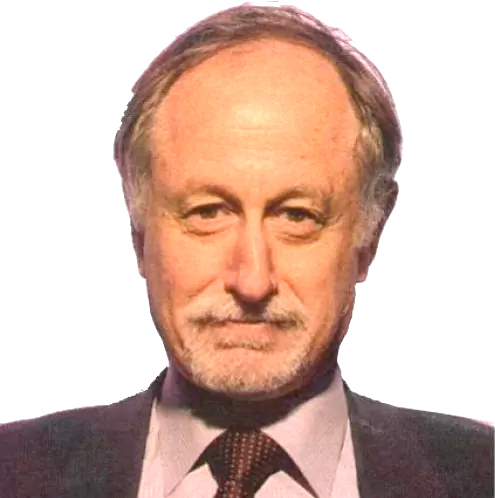
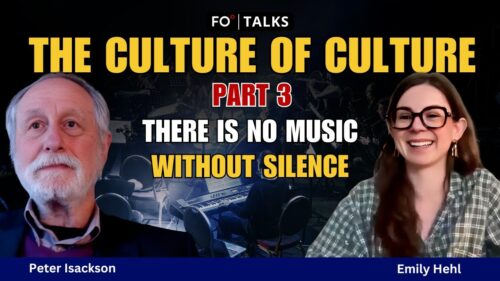
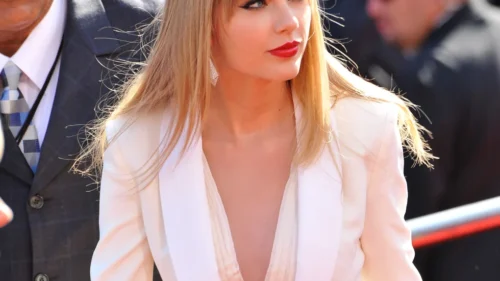




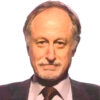
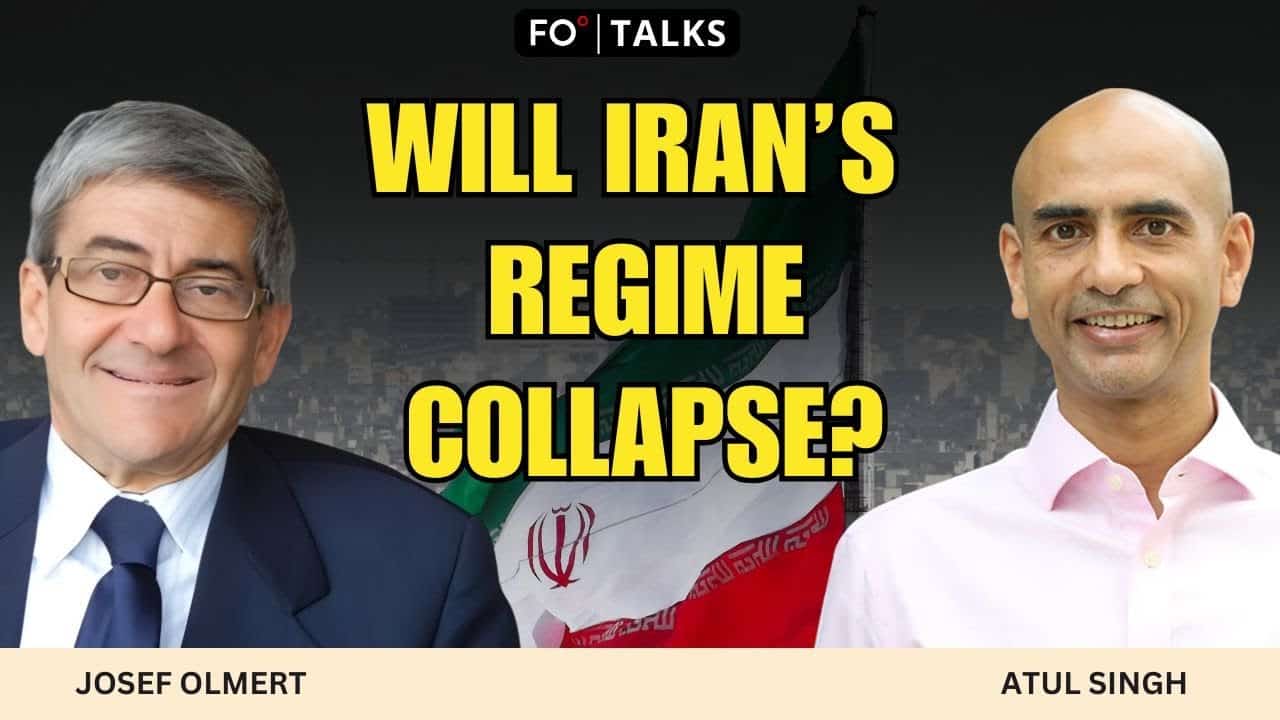







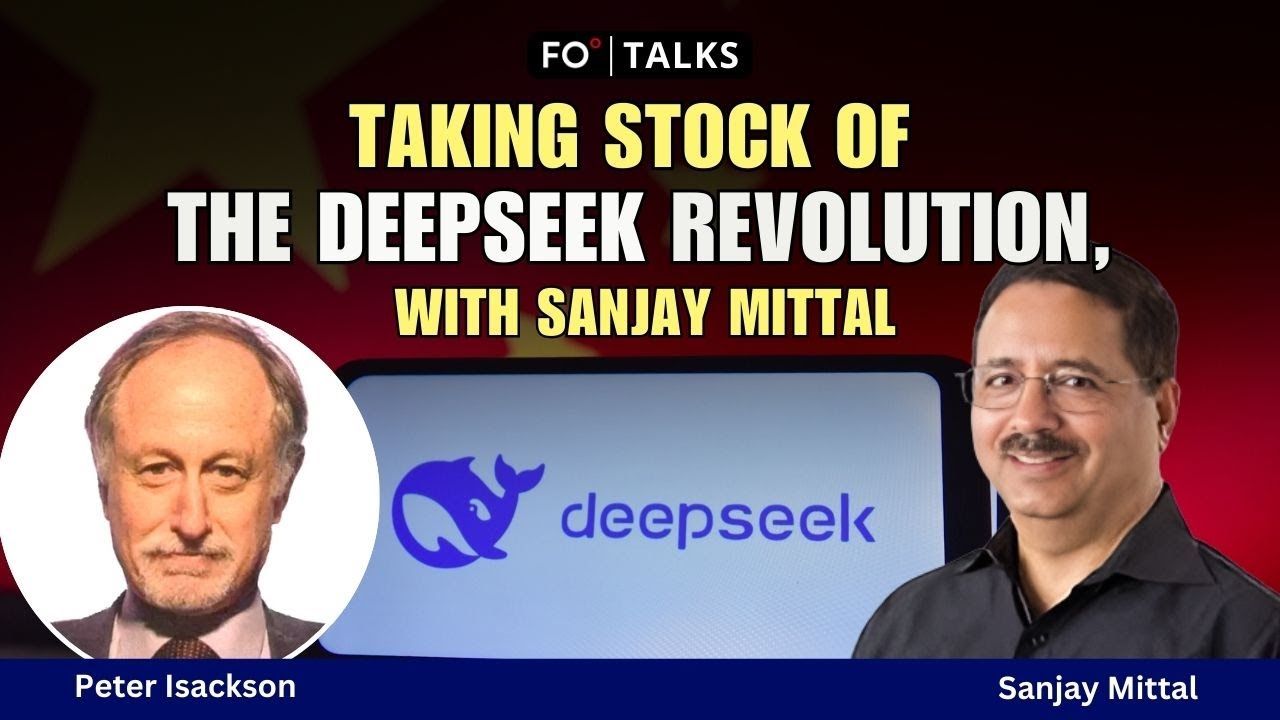

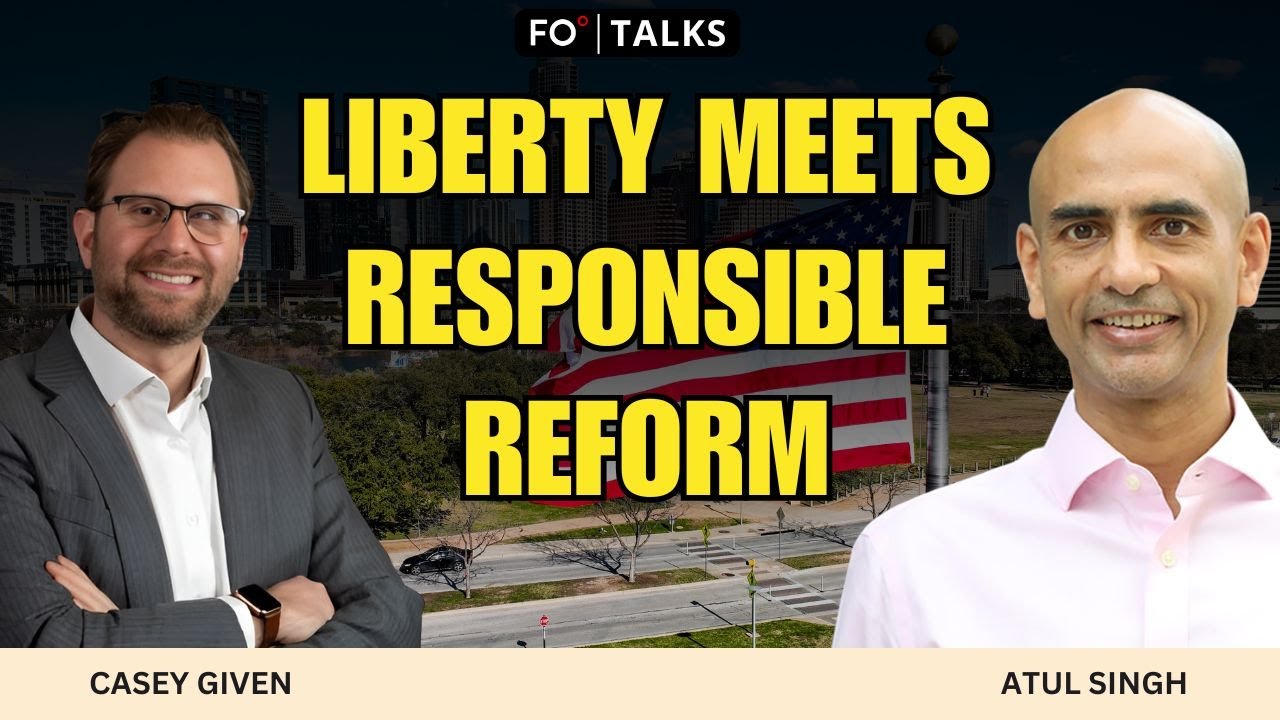

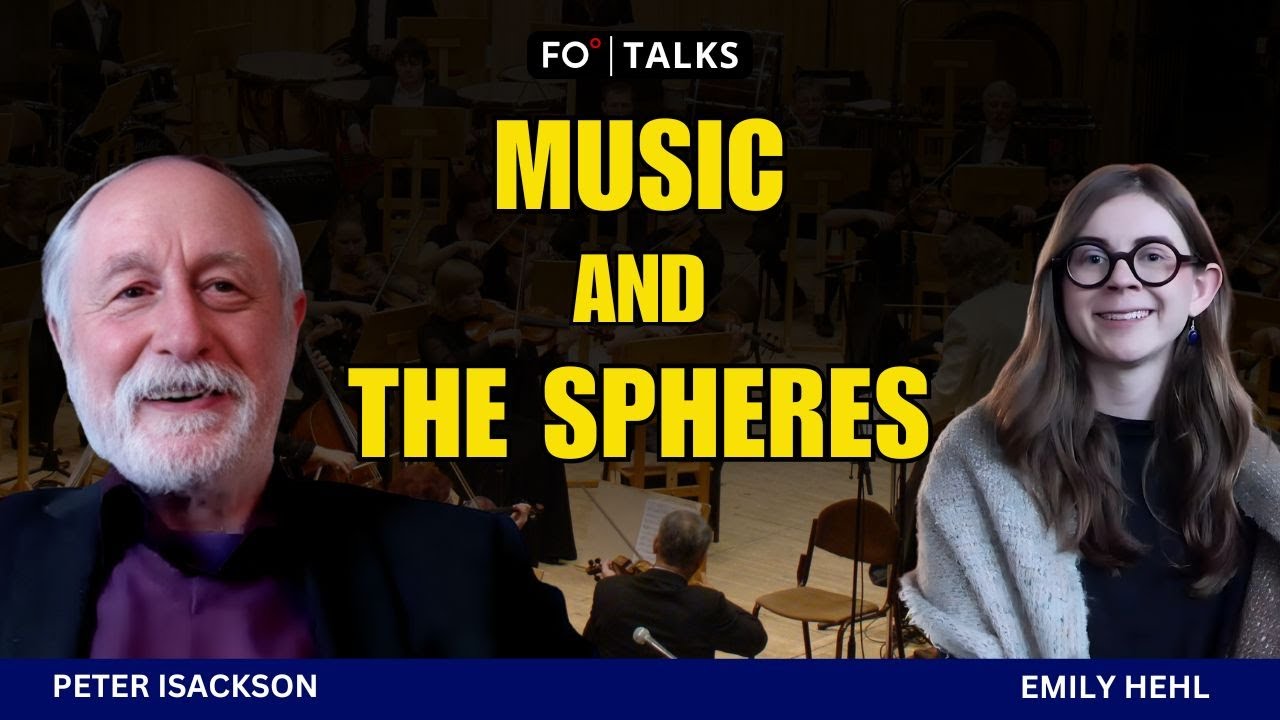


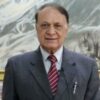
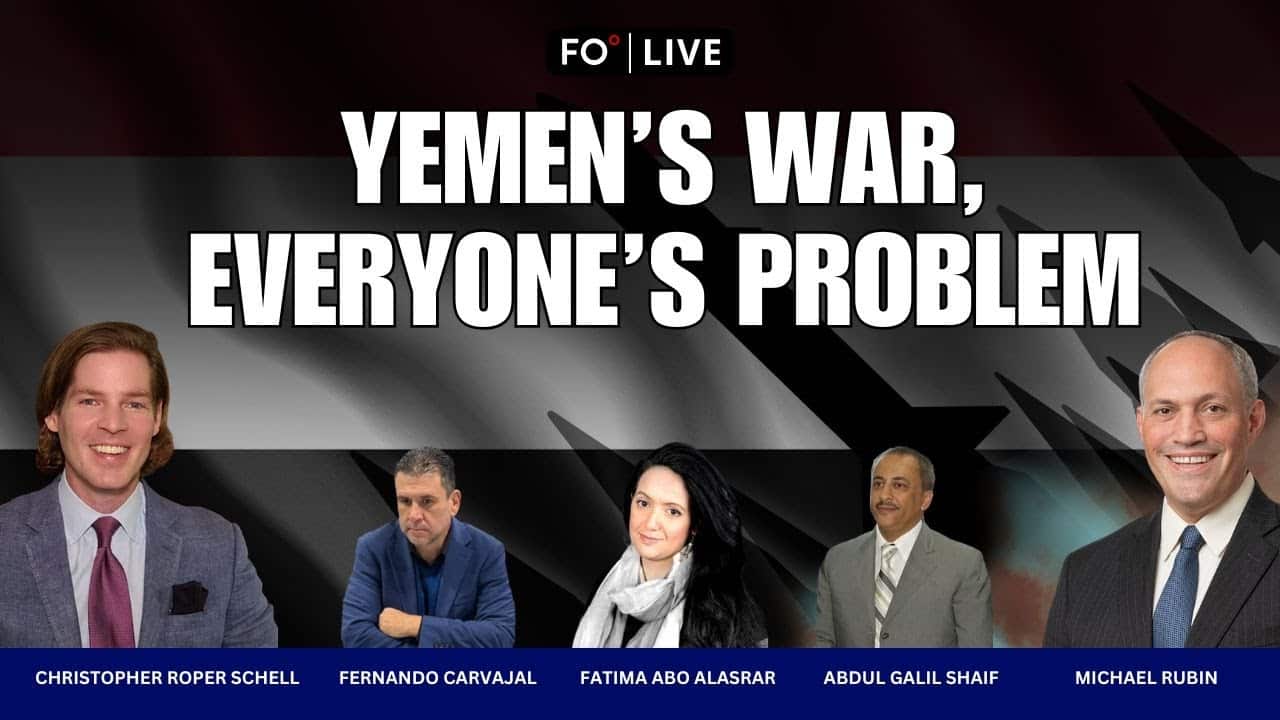



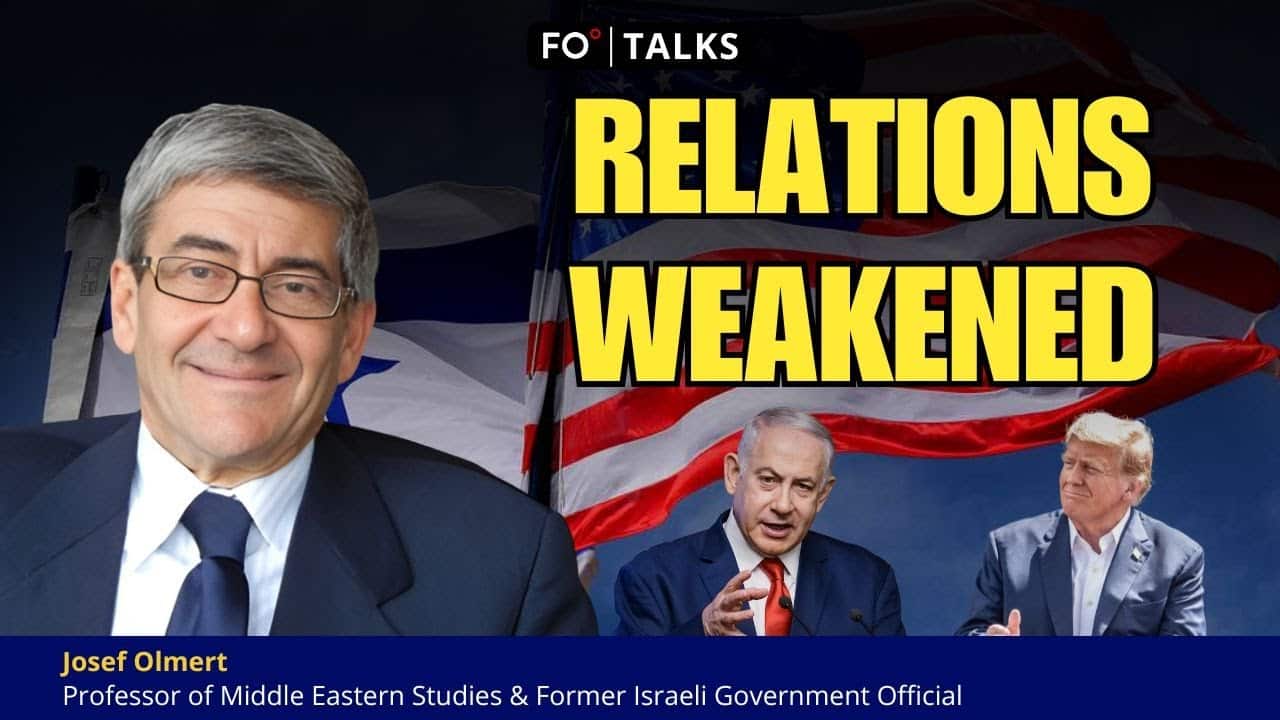


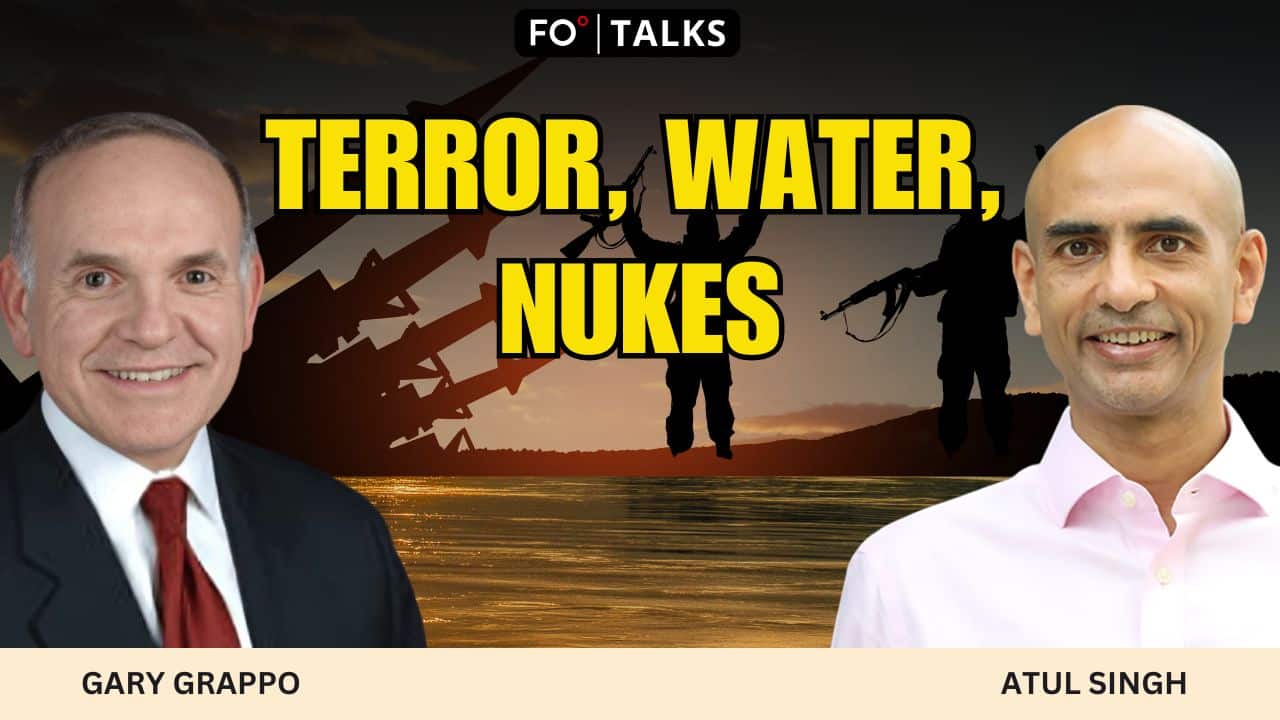

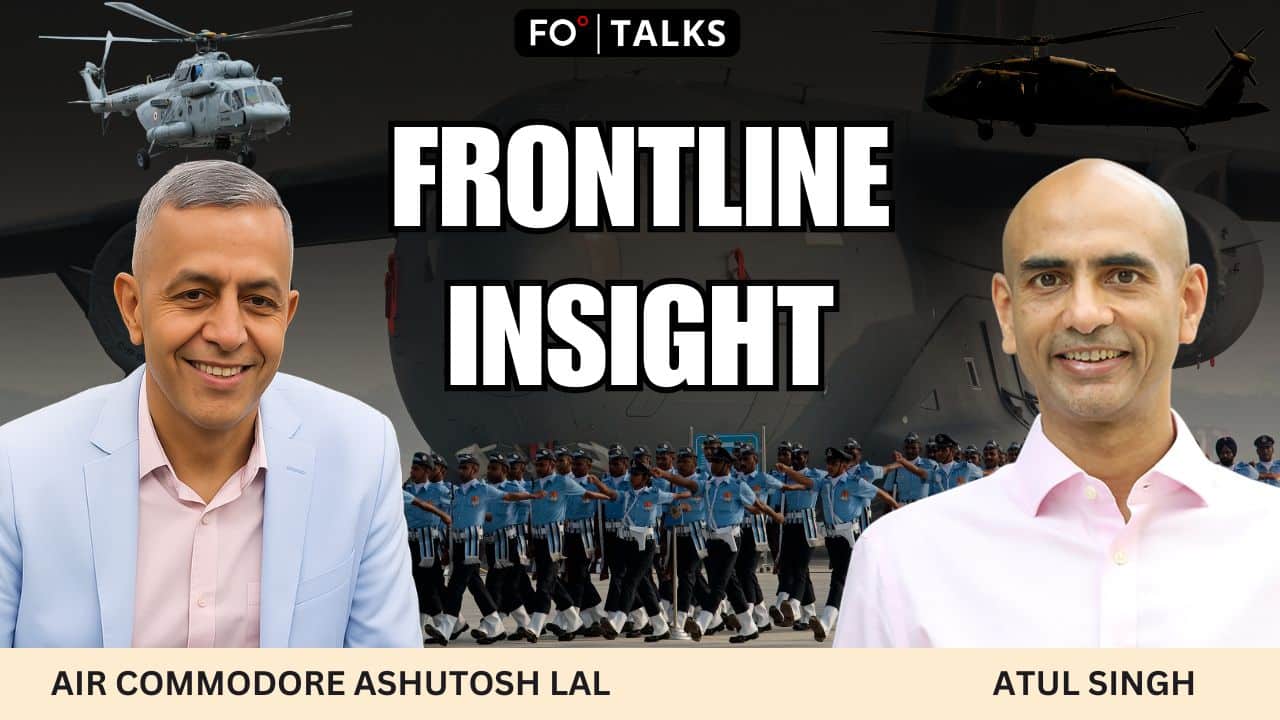

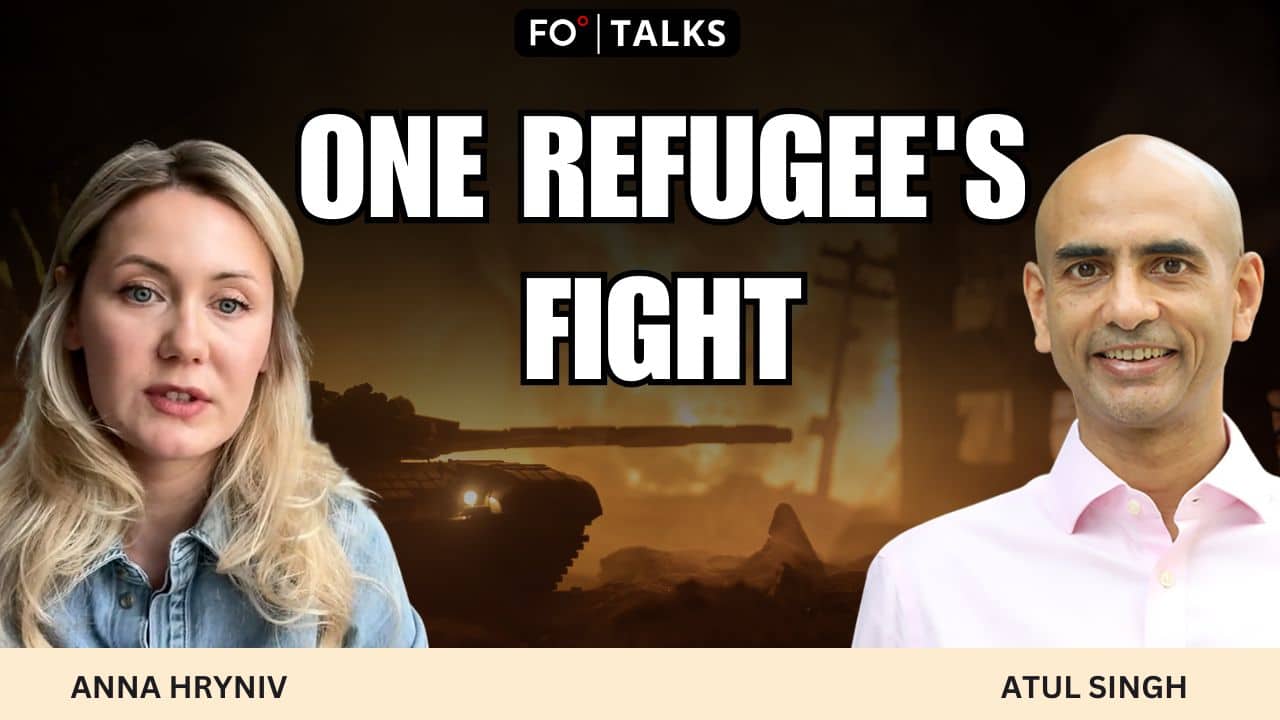


Comment